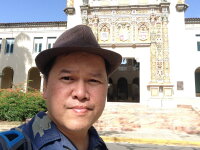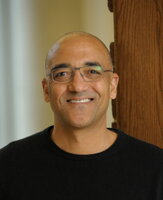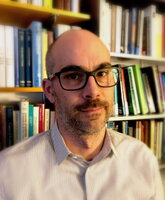
During the 1970s and 1980s, the study of cultural and intellectual history was denigrated for its alleged elitist and canonical nature. Today, the situation has changed dramatically. Enriched by the methods and insights of such neighboring domains of inquiry as social history, the history of mentalities, anthropology, linguistics, literary theory, and art history, cultural and intellectual history is experiencing a renewed vitality. Broadly conceived, these two fields now encompass an astonishing range of subjects and themes, including “high” intellectual history, sociocultural history, cultural politics, psychocultural history, class and culture studies, cross-cultural history, consumption and material culture studies, print cultures, culture and collective memory, culture and the body, culture and post colonialism, and postmodernist cultural studies. Indeed, an easy case can be made for viewing cultural history in particular as the most intellectually vibrant and expansive branch of historical study today. It is the historical discipline’s avantgarde, its frontier of experimentation and interdisciplinarity.
The Department of History at the University of Illinois reflects the striking reemergence of these areas of inquiry. As the list below indicates, a significant percentage of our faculty are cultural and intellectual historians. Several recent hires have added to this preexisting departmental concentration. The program in cultural and intellectual history at Illinois is notable for its chronological range, ranging from late antiquity to the present; for its geographical breadth, including courses in East Asian, North American, Oceanian, Russian and Western and Central European history; and for the exceptionally wide variety of conceptual and methodological approaches it represents. See U.S. Cultural and Intellectual History for historians specializing in the United States.
Students in the program are encouraged to develop imaginative interdisciplinary approaches, drawing on the departmental and institutional resources of collateral fields, including anthropology, gender studies, the history of science and medicine, and literary theory and criticism. In recent years, graduate students have benefited in particular from the close relations between History and Anthropology at the University of Illinois, resulting in extended campus visits by such distinguished scholars as Natalie Z. Davis, George Stocking, and James Boon.














